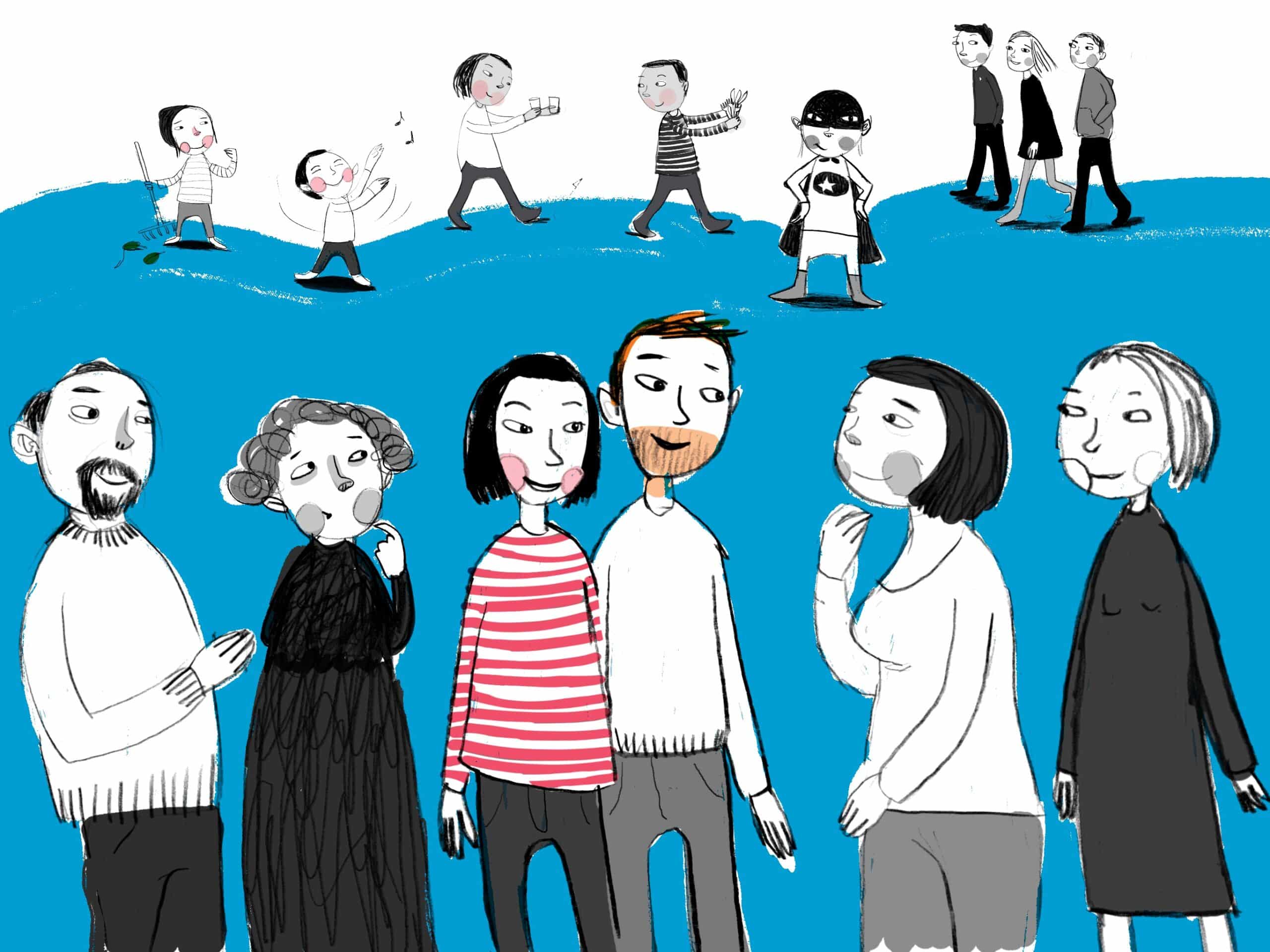Mali

Mali is a landlocked country in western Africa, covered entirely by the Saharan and Sahelian deserts. The total population of Mali is over 21 million and its capital is Bamako.
Periodically flooding rivers provide fertile soil along their banks and create pasture for livestock. But the people of Mali face recurring droughts, persistent poverty and outbursts of violent conflict.
More than half of the population is under the age of 18, these children are among the most disadvantaged in the world and thousands are without parental care.
SOS Children’s Villages has been supporting children and young people without parental care, or at risk of losing it, in Mali since 1987.
Villages in Mali
Children are at risk
Although there have been periods of some stability, conflict and insecurity continue to affect the lives of children and their families. Repeated security crises have resulted in the violation of human rights, including many people having to leave their homes in search of safety. Currently over 400,000 people are displaced within Mali and over half of those displaced are women and 65% are children under 18 years old.

47%
Of Mali’s population lives in poverty
Widespread poverty
In spite of some improvement in recent decades, Mali continues to be one of the poorest countries in Africa: 47% of its population lives in poverty. Poverty is particularly persistent in certain rural areas of the country.
The rural inhabitants of the Sahel-Saharan region face precarious living conditions. Many people depend on subsistence farming and are therefore vulnerable to natural disasters.

2 Million
Children aged 5 to 17 are out of school
Access to education
Access to education remains a challenge for hundreds of thousands of Malians. Although an increasing number of children start school, many drop out by the time they reach secondary level. UNICEF estimates that over 2 million children aged 5 to 17 are out of school nationally. As a result, only around 35% of the population know how to read and write. The literacy rates are higher in urban areas than in rural areas, and higher for men than for women.

8 Million
Girls and women have undergone female genital mutilation
Discrimination
Discrimination against girls and women persists in many areas of the country and educational and professional opportunities for women are generally very limited.
An estimated 8 million girls and women have undergone female genital mutilation, the partial or total removal of external female genitalia.
Child marriages and early pregnancies are common: half of all girls are still underaged when they are married.
Together we can make a difference for children in Mali

1,140
Adults and children
Are supported in the community

3,780
Children and young people
Learn at our kindergartens and schools

480
Children and young people
Grow up in our care
.png)
210
Young people
Are supported on their way to independence

Let’s keep on protecting children and young people!
Many children have been able to find a safe and secure home. With your help, we can continue to change their lives